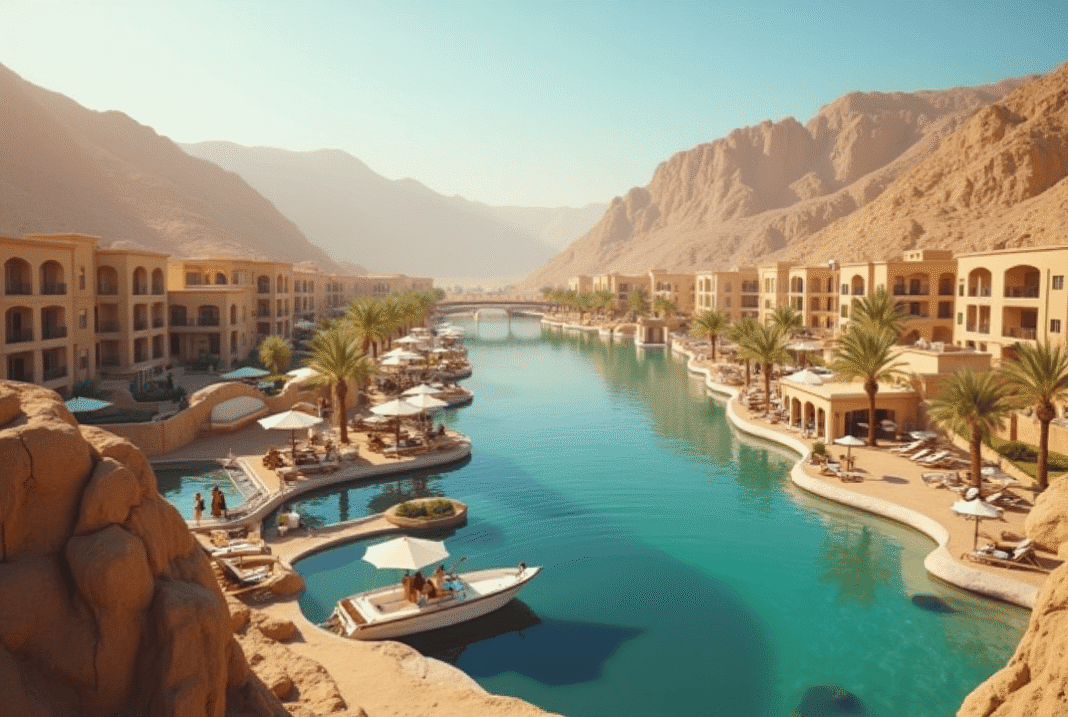Qatar is expanding its economic footprint in Egypt with a major Qatar luxury resort investment. This $4 billion development in Ras Alam El-Rum shows Qatar’s strategy to lead high-profile tourism projects in the region. The partnership reflects the growing economic ties and shared vision between the two nations.
The Qatar luxury resort investment will deliver a world-class resort city featuring five-star hotels, upscale residential villas, and international-standard entertainment facilities. This initiative fits within Qatar’s broader economic goals, focusing on high-growth markets like Egypt’s tourism sector.
Ras Alam El-Rum’s prime Red Sea location offers pristine beaches and natural beauty, ideal for luxury tourism. Its proximity to Ras El Hekma, another multi-billion-dollar project backed by the UAE, highlights the region’s transformation into a premium tourism hub. Qatar’s move positions it as a key player in this growing market.
Furthermore, the Qatar luxury resort investment will unfold in phases. Initial construction includes luxury hotels and residential spaces. Later stages will add commercial zones, entertainment venues, and a yacht marina, appealing to both leisure and business travelers.
This investment supports Egypt’s economic diversification by increasing foreign direct investment and creating thousands of jobs. In addition, the resort project will also boost tourism revenue and improve local infrastructure. Egypt will benefit from Qatar’s capital, technical expertise, and global tourism reach.
Qatar’s commitment extends beyond tourism. Its total investments in Egypt now exceed $7 billion, covering sectors such as infrastructure, real estate, and energy. This signals Qatar’s long-term strategy to strengthen regional partnerships and secure returns in emerging markets.
However, by spearheading the Qatar luxury resort investment, Qatar demonstrates its capability to deliver transformative projects that reshape the region’s tourism industry. This collaboration highlights Qatar’s ambition to lead in luxury hospitality development.
Looking ahead, Egypt plans additional Red Sea projects, inviting more Gulf investments. These efforts aim to redefine Egypt’s tourism offerings and attract high-net-worth travelers seeking premium experiences.
Nevertheless, the Qatar luxury resort investment shows how strategic partnerships can fuel economic growth and strengthen bilateral relations. Qatar’s leadership in this project underlines its growing influence in shaping Middle East tourism.





